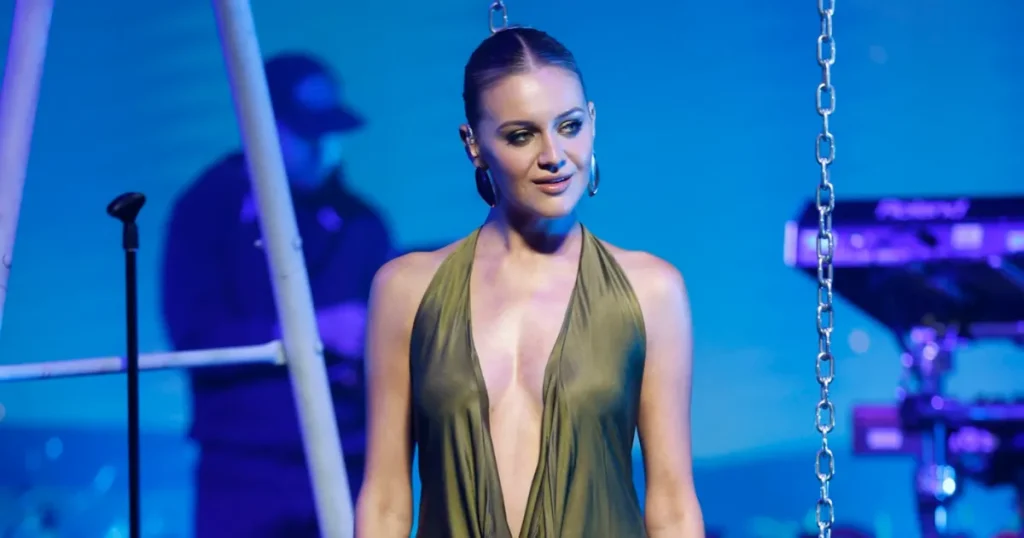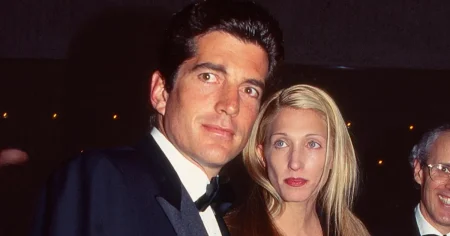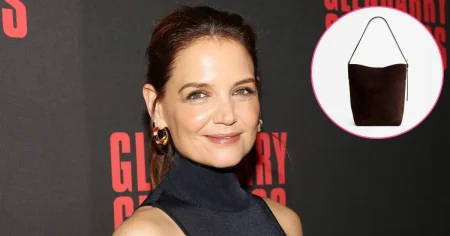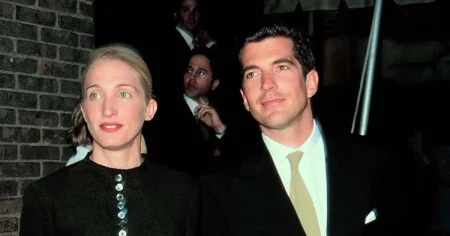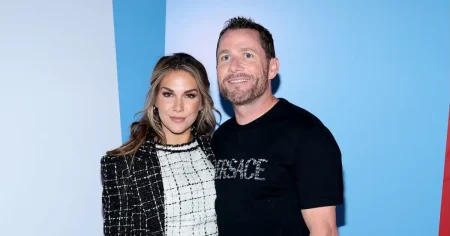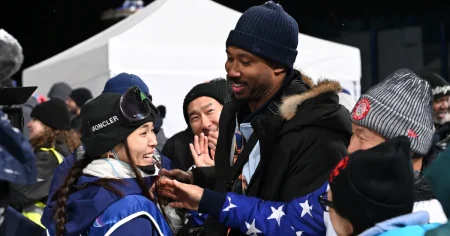Kelsea Ballerini’s “I Sit in Parks”: A Song That Sparked Conversation About Life Choices
Kelsea Ballerini’s release of “I Sit in Parks” as the lead single from her EP “Mount Pleasant” has become much more than just a new country music track—it’s evolved into a cultural lightning rod. At 32, Ballerini crafted a deeply personal song reflecting on the crossroads many people face: career success versus traditional family life. The song depicts a poignant scene where Ballerini observes a young family in a park and questions her own life choices, wondering if her pursuit of musical stardom has cost her the opportunity to become a mother. With lyrics like “I wonder if she wants my freedom like I wanna be a mother” and references to taking antidepressants while her career thrives, Ballerini captures the complex emotions of someone achieving their professional dreams while feeling the biological clock ticking. Having divorced fellow country singer Morgan Evans in 2022 and now dating actor Chase Stokes, Ballerini’s personal journey adds another layer to the song’s authenticity as she navigates her own evolving priorities.
The song’s reception illustrates the deeply divided perspectives on women’s life choices in contemporary society. Many fans embraced “I Sit in Parks” as a brave articulation of feelings they themselves couldn’t express—the fear of missing life milestones, the questioning of priorities, and the anxiety about fertility timelines that many career-focused women experience. Social media filled with messages of gratitude from listeners who found comfort in knowing they weren’t alone in these complex emotions. One user wrote on X (formerly Twitter), “This hits me so hard and helps me find comfort that so many others feel the same exact way,” while another praised Ballerini for “giving voice to a lot of women who share these feelings and are afraid to talk about them.” The song’s relatability stems from its unflinching look at the doubts that can accompany even the most successful career path, especially when measured against traditional expectations of womanhood and motherhood that still permeate society.
However, “I Sit in Parks” also attracted criticism from conservative commentators who seized upon it as evidence of feminism’s supposed failures. An opinion piece in Fox News characterized the song as “heartbreaking” because it allegedly exposed “the loneliness that feminism can bring.” The article suggested that Ballerini was “saying out loud what millions of women feel but are afraid to admit: that the promises of feminism… left them emptier than before.” Similarly, The Daily Wire claimed the song showed how women “were told motherhood was a cage” but ended up with “broken hearts” despite their freedom and fame. These interpretations frame the song not as an exploration of normal human complexity and the difficulty of life’s tradeoffs, but rather as a cautionary tale against prioritizing career over family. This political spin on a personal artistic expression demonstrates how women’s life choices continue to be battlegrounds in larger cultural wars about gender roles and expectations.
Ballerini herself has pushed back against attempts to simplify or politicize her music. During “The Mount Pleasant Experience” pop-up in Nashville, she made it clear that she writes “songs to relate to, not to make a point on the internet.” This statement reflects her artistic intention to capture authentic emotional experiences rather than serve any particular ideological agenda. Ballerini’s EP “Mount Pleasant” represents what she calls “a chapter of heavy self-examination, longing and stepping further into who I am as a 32-year-old woman.” Her music comes from a place of personal reflection rather than political manifesto, and she thanked fans for “embracing the not-so-glittery parts” of her over recent years. The artist’s appreciation for being able to process “very big feelings” through her music underscores the therapeutic aspect of songwriting for both creator and audience, creating spaces where complex emotions can be explored without judgment.
What makes “I Sit in Parks” so powerful is precisely its refusal to provide easy answers to life’s most difficult questions. The song doesn’t conclude that career success was wrong or that motherhood would have been better—it simply acknowledges the pain of wondering and not knowing. Ballerini’s lyrics capture the universal experience of second-guessing major life decisions, regardless of which path one chooses. When she sings, “I did the damn tour / It’s what I wanted, what I got / I spun around and then I stopped / And wonder if I missed the mark,” she’s not rejecting her achievements but expressing the very human tendency to question even our most deliberate choices. This nuance has resonated deeply with listeners who recognize that life rarely offers perfect solutions or paths without sacrifice, especially for women navigating careers and biological timelines simultaneously.
The controversy surrounding “I Sit in Parks” ultimately reveals more about society’s ongoing struggle with women’s autonomy than it does about the song itself. The polarized reactions demonstrate how women’s personal choices continue to be scrutinized and politicized, with their expressions of doubt or regret weaponized to support particular worldviews. Yet beneath these competing interpretations lies the song’s true value: its honest portrayal of ambivalence, its willingness to sit with uncomfortable questions, and its validation of feelings many experience but few articulate. By creating space for these conversations, Ballerini has offered something more valuable than any political statement—a moment of genuine connection for anyone who has ever looked at another’s life and wondered “what if?” While pundits debate what the song means for feminism or traditional values, millions of listeners simply find in it a companion for their own complex journey through life’s inevitable tradeoffs and the courage to acknowledge both the joys and costs of the paths they’ve chosen.





